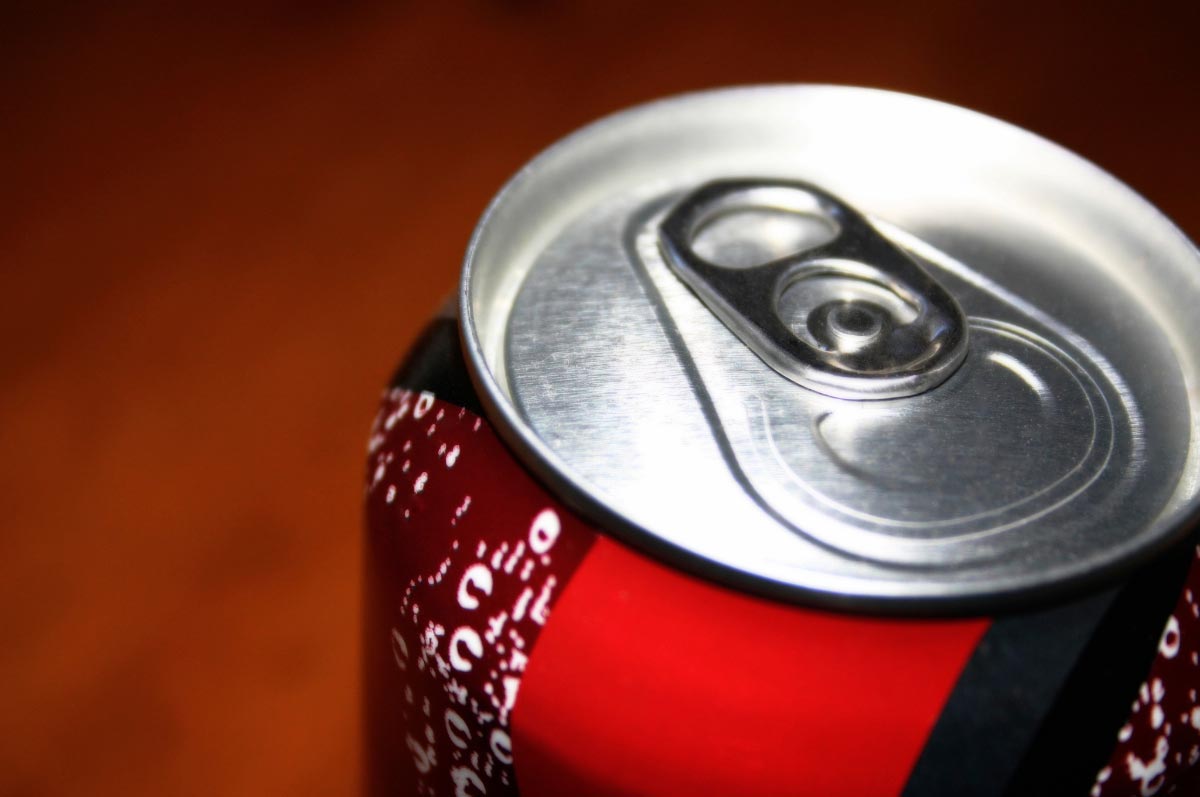The ketogenic diet helps reduce epileptic seizures through its effects on gut microbiota
10/27/2020 / By Divina Ramirez

The ketogenic diet is one of the oldest forms of medical treatment for epilepsy in infants and children. But the mechanisms underlying its anti-seizure effects have remained unclear until recently.
In a recent study, researchers from the University of California, Los Angeles (UCLA) found that certain bacteria in the gut play an important role in mediating the anti-seizure effects of the ketogenic diet.
Published in the journal Cell, their study revealed that the Akkermansia and Parabacteroides bacteria confer seizure protection in mice fed a ketogenic diet. Overall, their findings indicate that the gut microbiota modulates host metabolism and seizure susceptibility in mice.
Gut bacteria may be key to preventing seizures
The ketogenic diet is a high-fat, low-carb diet designed to treat epileptic seizures or reduce their occurrence. To explore the mechanisms behind the diet’s anti-seizure effects, researchers conducted experiments on a mouse model of epilepsy.
They found that mice fed a ketogenic diet experienced substantial changes in their gut microbiota after only four days. These mice also experienced fewer seizures compared to mice fed a non-ketogenic diet.
The researchers also fed the same ketogenic diet to two groups of mice with no gut bacteria. One group of mice was raised germ-free in a sterile environment, while the other was treated with antibiotics to deplete them of gut bacteria.
Their results showed that the ketogenic diet failed to protect against seizures in both germ-free mice and those with no gut bacteria. This suggests that the presence of gut bacteria is required for the diet to reduce seizures.
The researchers also found that the ketogenic diet increased the number of two bacterial species in particular: Akkermansia and Parabacteroides. With this new knowledge, the researchers gave these bacteria in combination to both groups before putting them on a ketogenic diet.
To no surprise, the anti-seizure effect of the ketogenic diet was restored. Moreover, the presence of both bacteria protected against seizures even if the mice were fed a non-ketogenic diet.
However, giving either one of the two bacteria to the germ-free mice failed to “activate” the anti-seizure effect of the ketogenic diet. This finding suggests that different bacteria perform a unique function only when together, said lead author Christine Olson.
Combined, the bacteria are able to increase the levels of gamma-aminobutyric acid (GABA), the central nervous system’s primary inhibitory neurotransmitter, explained co-author Helen Vuong.
This means GABA’s natural function is to reduce the activity of neurons. This is relevant because neurons are hyperactive during a seizure, firing electrical signals excessively.
The next step is to confirm these findings on people placed on the ketogenic diet, said Vuong.
Keto diet for seizures in infants and children
The UCLA study is important because it helps inform other studies on the ketogenic diet as a treatment for epileptic seizures. (Related: 5 Tips for a successful keto diet.)
For instance, a 2018 study found that the ketogenic diet reduced the number of epileptic seizures by at least half in 29 of the 52 children involved. The children, aged three months to seven years, were diagnosed with pharmacoresistant epileptic encephalopathies at the Shengjing Hospital of China Medical University.
Prior to the intervention, all of the children experienced no fewer than four seizures per month despite regular treatment with at least two anti-epileptic drugs. Nutritionists prepared a ketogenic diet plan for each participant in accordance with the modified Johns Hopkins program.
The researchers also tracked seizure occurrence in the children a month before the intervention to get baseline measurements. Parents or guardians were then asked to record seizure occurrence during the treatment.
Twelve weeks into the intervention, 14 children showed complete seizure remission. Nine children experienced rare epileptic episodes (90–100 percent remission), while another six showed a significant reduction in the number of epileptic episodes (50–90 percent remission).
Overall, the ketogenic diet intervention was considered effective for 56 percent of the participants. Even with the success of the intervention, the researchers were unsure about the anti-epileptic mechanism behind the ketogenic diet at the time.
Now, thanks to breakthroughs in gut microbiome research, scientists can conduct studies on larger groups of patients to further explore the ketogenic diet’s anti-seizure effects.
Sources include:
Tagged Under: alternative medicine, epileptic seizures, food cures, food is medicine, gut microbiome, ketogenic diet, natural cures, natural medicine, research




















